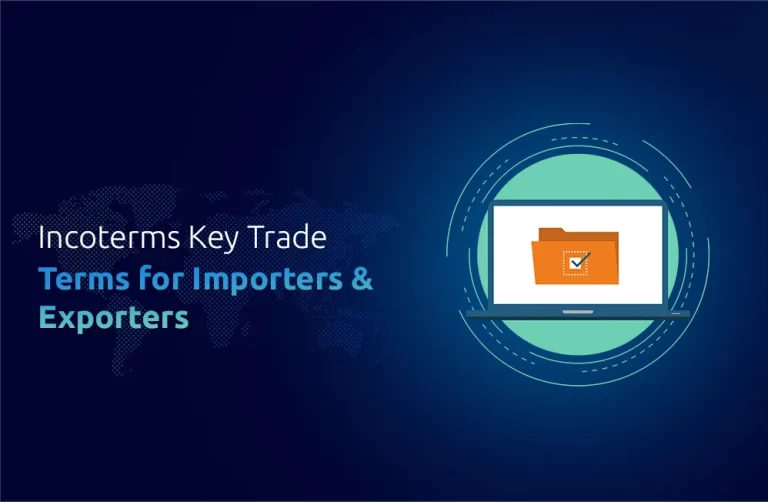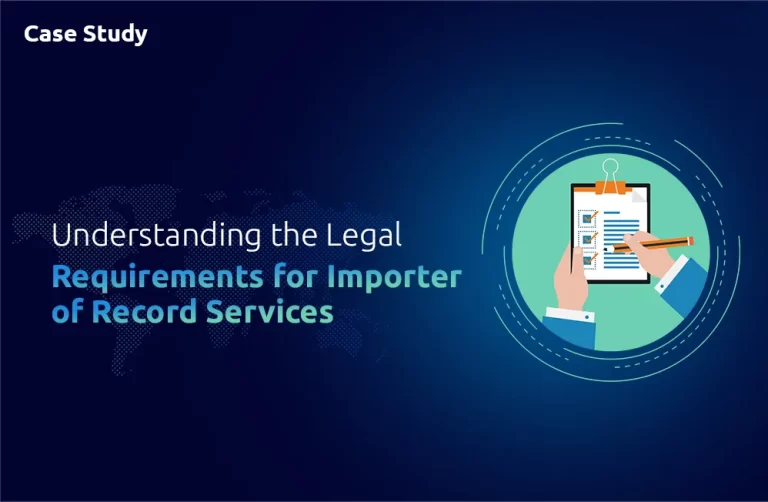DDP Incoterms: Meaning & their Explanations
DDP (Delivery Duty Paid) is an Incoterm (International Commercial Terms) reputable by the International Chamber of Commerce that provides customers with an easy and simple delivery with alternatives. Under DDP, the seller assumes full responsibility for delivering goods to the buyer’s property, taking all costs, risks, and procedures, such as customs clearance, duties, and taxes. This Incoterm is especially beneficial when dealing with international shipments, as it reduces approvals with requirements such as the harmonized system (HS Code) and the harmonized tariff schedule (HTS Code). For countries benefiting from the generalized system of preferences, DDP confirms the seller handles all advantageous trade benefits, further easing the buyer’s burden in Global transactions.
What are the Roles of the seller with DDP?
Under DDP (Delivery Duty Paid) terms, the seller assumes important responsibilities, including managing both export and import customs processes, which involves understanding the HS code for classification and confirming the application of relevant HTS codes for accurate tariff review. The seller is also responsible for paying all applicable customs duties, taxes, and fees, including those governed by global trade agreements like the Generalized System of Preferences (GSP), where certain goods may benefit from reduced tariffs. Also, the seller has certainties of safe transportation, confirming goods are delivered to the buyer’s designated location, and Supplying all risks Related to the shipment until the final delivery, as described in Incoterms.
Why Do Customers Prefer DDP Shipping In New Zealand?
DDP (Delivery Duty Paid) shipping provides a simple approach that customers appreciate, as the seller manages all costs and procedures, confirming an easy experience. This simplicity reduces surprise charges, providing cost simplification and making it a reliable option for buyers. With DDP, time efficiency is a key benefit, as the seller takes care of customs clearance, tax payments, and other necessary tasks, which sometimes involve directing difficult regulations such as the Generalized System of Preferences (GSP), HS Code, and HTS Code. By handling these logistics, DDP allows buyers to focus on their core activities with relaxation, knowing that all the details are included under the terms described in the Incoterms.
The Step-by-Step Process of DDP Shipments in New Zealand
Under DDP (Delivery Duty Paid) Incoterms, the buyer places an order, introducing the process. The seller prepares and submits all required export documentation, confirming approval with the regulations, including referencing the HS Code or HTS Code for the proper classification of goods. Once the export documentation is complete, the seller manages the logistics and shipping of the goods to New Zealand. To confirm a smooth process, the seller follows customs regulations on both ends and confirms approval with any applicable generalized system of preferences (GSP) requirements. The seller is also responsible for paying all duties and taxes imposed by New Zealand officials. Finally, the goods are delivered to the buyer’s specified location, completing the transaction arranged with the agreed terms.
DID YOU KNOW?
“The New Zealand government is determined to “grow the opportunities” for people to use digital tools to access and use their health information, arrange appointments, receive phone and video consultations, and use home health monitoring equipment.”








